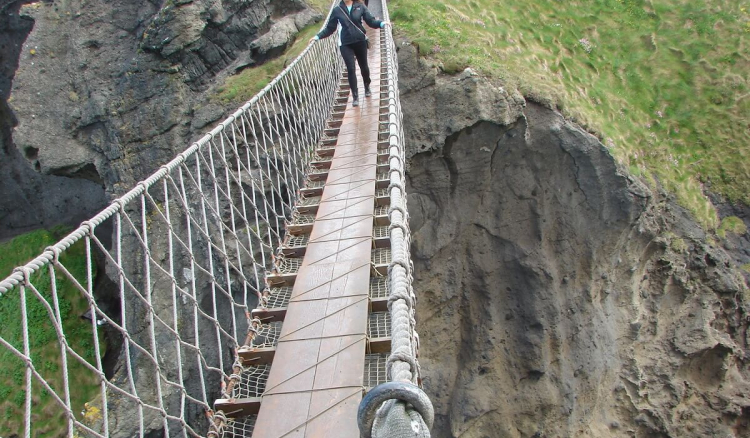For over a century, many states have implemented the transition to daylight saving time, despite repeated attempts to abandon this practice, a decision on its abolition has not yet been formalized at the legislative level.
In 2024, transitioning from March 30 to 31, Europe adapts to daylight saving time by moving clocks one hour forward. Such clock adjustments are made annually on the last Sunday of March, resulting in the difference between Moscow time and Central European Time (CET) decreasing from two to one hour until the return to standard time on the night from October 26 to 27.

Among all European countries, Russia, Belarus, and Iceland do not switch to daylight saving time. The possibility of ending the practice of changing time in European countries remains open, depending on the future decision of the European Parliament.
The idea of transitioning to daylight saving time was developed before the formation of the European Union and was first implemented during World War I by Germany and France, later adopted by other states. The primary motivation was the desire to save energy, as there was a severe shortage of electricity.
Moving the clocks one hour forward in the spring period allowed for longer daylight hours, relying on natural light.
In April 1916, Germany became the pioneer in Europe, introducing the concept of daylight saving time to save coal. Soon, the practice was adopted by the United Kingdom and most of its allies, followed by Russia and some other countries in 1917, and the United States in 1918.
According to specialists, if a person already has cardiovascular diseases, the change of time can provoke a deterioration in heart function, an increase in blood pressure, and more frequent episodes of arrhythmia. The importance of the cardiovascular system is due to its role in transporting oxygen and nutrients to all organs and tissues, so any disruptions in its work can lead to significant complications.
It has also been discovered that the transition to daylight saving time can cause disruptions in circadian rhythms, or internal biological clocks that control daily cycles of life. The hypothalamus, a part of the brain responsible for these rhythms, reacts to changes in lighting and adjusts the production of melatonin, a hormone that regulates sleep and activity.
The shift in time in the spring affects the duration and quality of sleep since morning light arrives earlier, often leading to a lack of sleep. Such changes in circadian rhythms can negatively affect overall health, contributing to mood deterioration, memory, attention concentration issues, sleep problems, and a decrease in cognitive functions.
- A dark period in the royal family, the official statement of the Princess of Wales
The Princess of Wales discusses her battle with cancer and the support of Prince William during treatment. The family requests privacy during this time.
- New Routes at the Czech Republic's Largest Airport, Rising Ticket Prices
The Czech Republic's Václav Havel Airport in Prague is increasing the number of flights and destinations, while Ryanair is raising ticket prices
- Israel approves plan for phased release of 50 hostages
Israel, with Qatar as a mediator, has approved a plan to release 50 hostages held by HAMAS, including children













